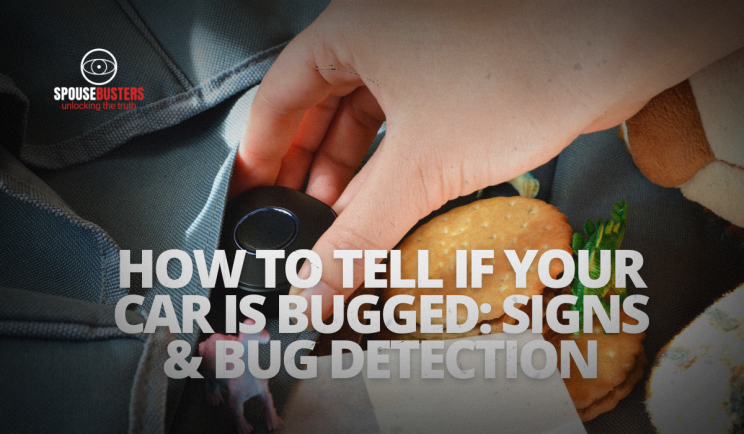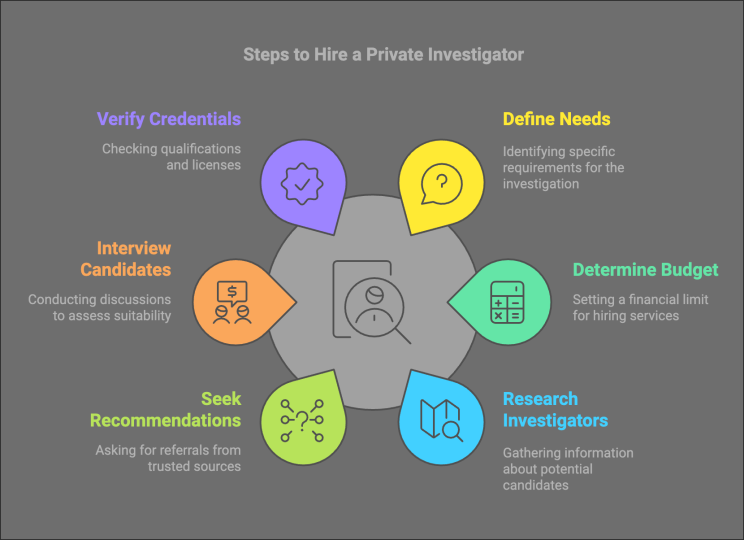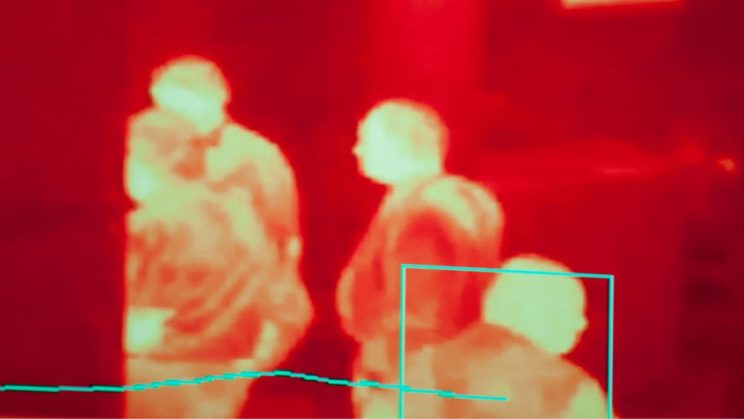What is Cheating in a Relationship? Understanding the Lines of Loyalty
Cheating in a relationship goes beyond physical acts, it’s often rooted in broken trust, emotional disconnection, or betrayal of mutual boundaries. What is cheating in a relationship may look different from one couple to another, but at its core, it involves crossing an agreed-upon line—emotionally, physically, or digitally.
In today’s connected world, the definition of cheating has evolved to include more subtle forms of betrayal. Understanding these nuances is the first step in healing, communicating, and protecting your emotional wellbeing.
Defining Cheating: More Than Just Physical Intimacy
Infidelity isn’t always about sex. In many relationships, cheating takes the form of emotional secrecy, flirty conversations, or digital connections that feel just as painful as physical betrayal. So, what is cheating really?

Emotional Cheating vs. Physical Cheating
While physical cheating involves intimacy outside the relationship, emotional cheating is when your partner forms a deep emotional bond with someone else. This can include:
- Sharing personal details they no longer share with you
- Turning to someone else for comfort or validation
- Keeping that connection hidden
Emotional betrayal often cuts deeper than physical cheating because it signals a loss of intimacy and connection.
Digital Cheating in the Modern Age
Social media, private messages, and dating apps have made digital infidelity more common. Your partner might:
- Flirt with others online
- Hide messages or photos
- Use secret accounts or apps
This kind of cheating is harder to trace, but the emotional damage is real. You can explore signs in our guide on how to know if your girlfriend is cheating.
Micro-Cheating: Is It Still Betrayal?
“Liking” someone’s photos obsessively, private DMs, or downplaying their relationship status—these might seem minor but can be considered micro-cheating. If it’s kept secret and violates your boundaries, it counts.
Common Signs That Cheating May Be Happening
Cheating often brings with it noticeable shifts in behavior. Watch for these red flags:
- Sudden secretive phone use or app locking
- Changes in routine, such as staying late at work or “working weekends”
- Withdrawal from intimacy, both physical and emotional
- Getting overly defensive when questioned
- Unexplained expenses or hidden transactions
If you’re noticing several of these signs, you may also want to consider tools like how to retrieve deleted messages to uncover digital evidence.
Why Cheating Happens: Emotional Gaps and Other Triggers
No excuse justifies betrayal—but understanding the “why” behind it helps you decide your next steps.
Common reasons include:
- Emotional neglect or disconnection
- Lack of communication
- Unresolved resentment or anger
- Addiction to validation
- Opportunity meets temptation
Some patterns are even personality-driven, as explored in our article on 3 types of men who cheat.
How to Rebuild Trust After Cheating
Rebuilding trust after cheating is challenging—but not impossible. Here’s where to start:
- Be completely transparent moving forward
- Own up to the betrayal without excuses
- Commit to open communication
- Seek couples therapy if both parties want to heal
- Set clear boundaries and expectations
Moving Forward: Should You Stay or Leave?

This decision is deeply personal. Ask yourself:
- Can I ever trust them again?
- Is this relationship healthy for my emotional wellbeing?
- Are they truly remorseful and willing to change?
Sometimes, staying isn’t the best option—especially if you feel not appreciated in the relationship or constantly undervalued. Read more about signs you’re not valued for guidance.
Frequently Asked Questions (FAQs)
1. What counts as cheating in a relationship?
Cheating can be emotional, physical, or digital. It involves crossing agreed boundaries in a way that betrays your partner’s trust.
2. Is flirting considered cheating?
Flirting can be cheating if it’s secretive, emotionally intimate, or violates your partner’s trust and expectations.
3. Can a relationship survive cheating?
Yes, but it requires honesty, deep communication, and often professional help through therapy or counseling.
4. What are signs of emotional cheating?
Sharing emotional intimacy, hiding conversations, and seeking validation from someone outside your relationship are key signs.
5. How can I confront a cheating partner?
Stay calm, prepare your thoughts, gather evidence if needed, and set a safe space for the discussion. Focus on honesty and clarity.
Conclusion
Cheating in a relationship is more than just a physical act—it’s a betrayal of trust and emotional safety. By understanding the different forms of infidelity, recognizing the signs, and evaluating your path forward, you can reclaim your clarity and power. Whether it’s working toward healing or choosing to walk away, what matters most is prioritizing your emotional wellbeing and boundaries.
If you’re facing the painful reality of infidelity and want clarity, Spousebusters can help you uncover the truth discreetly and professionally. Contact us for a confidential consultation today.


























































